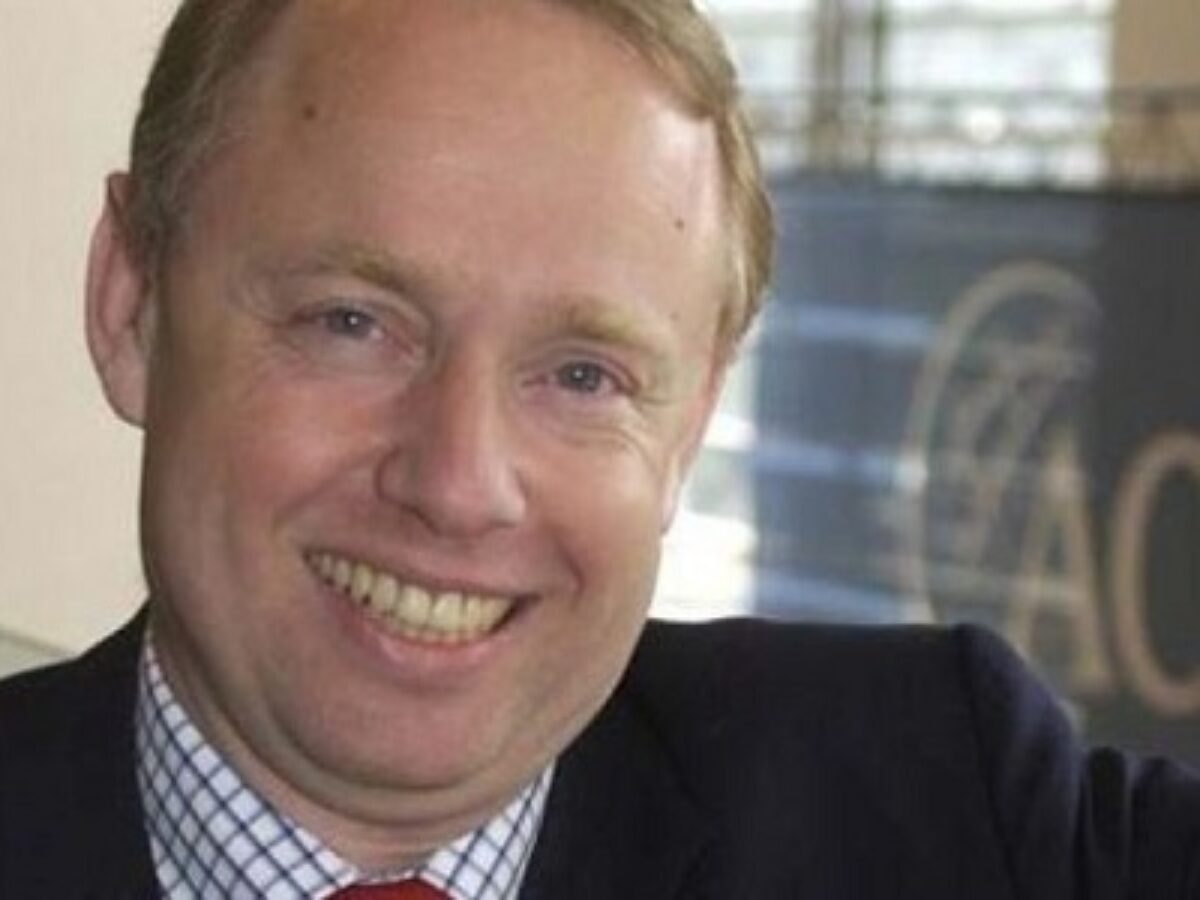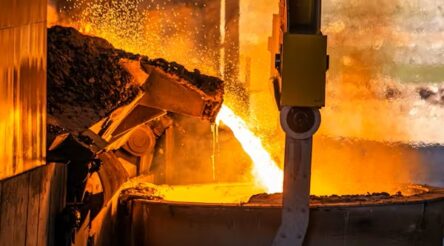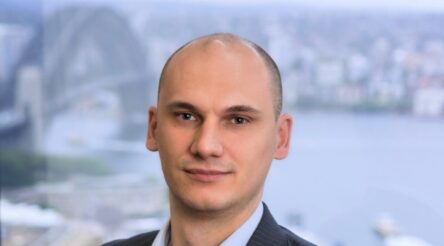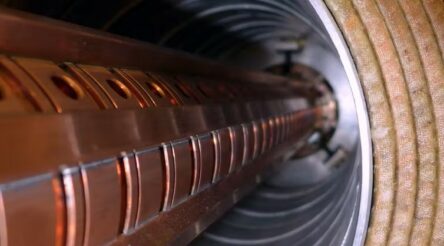Election 22 the real issues – towards a circular economy by Göran Roos

@AuManufacturing's occasional editorial series on the real issues in the 2022 federal election turns to a circular economy. In this excerpt from a paper by Professor Göran Roos, he outlines the challenges ahead as we make the desirable move towards a more sustainable future.
The desirable move towards a more sustainable future has recently taken on a stronger momentum as illustrated by the willingness, of primarily millennials and GenZ, to pay a premium for products and services that are more sustainable.
Some businesses are changing their products and production processes, including changing and minimising inputs (material and energy) as well as reducing waste.
This frequently requires redesigning the product and the production processes to enable both reuse and simpler recycling, such as by bolting together rather than welding together.
The changes frequently also extend to packaging and incoming and outgoing logistics as well as requiring similar changes from suppliers.
In such changes business is presently moving faster than policy makers in many countries although it is likely that some countries (e.g. Germany and Norway) will use the introduction and subsidisation of mandatory recycling, with the associated development of new product and service offerings, as a tool in the economic recovery post COVID-19 pandemic.
Minimising life cycle environmental impact frequently goes hand in hand with both cost minimisation and revenue maximisation.
Hence, a grounded and considered move towards a more sustainable future leads to increased profitability for firms and consequently higher prosperity for nations.
The challenges to this outcome arise out of:
- Policy makers trailing the actions taken by business in adopting appropriate regulations
- Policy makers are trailing in directional decisions and the associated public strategic investments that avoid undesirable temporary outcomes in complex systems (e.g. a lack of charging infrastructure delaying the adoption of electric vehicles, lack of investments in electric generation and transmission infrastructure to avoid local electricity deficit, regulating to ensure grid stability when the electricity generation mix changes, lack of policies around the management of stranded assets like coal fired power stations leading to perverse market behaviour, emotionally rather than fact driven political decisions with undesirable outcomes, etc.)
- The lack of regulation requiring disclosure of climate impact (e.g. there is no requirement for the packaging used for Norwegian pollock or shrimp to declare that they are transported respectively to China for filleting and Africa for peeling before being returned, packaged and sold to Norwegian consumers in domestic retail outlets)
- And “green” stakeholders frequently arguing models and solutions that either lack completeness (e.g. looking at material flows in isolation rather than also including the associated energy flows) or that overlook critical laws of nature (frequently the second law of thermodynamics which in practice states that the available usable energy in a closed system decrease over time) and hence may lead to discussions and decisions that end up having undesirable outcomes.
Conclusion
The challenges around moving towards a more sustainable economy can be summarised as geopolitical; scarcity of critical materials; limitations around present technologies for recycling of products; lacking an integrated material and energy flow lens for life-cycle assessment; lacking an emergent complex systems view on the economy or any sub-system thereof; an erroneous view of how the biosphere operates73; a poor understanding of the implications of the second law of thermodynamics.
All these challenges provide opportunities for individuals, firms, sectors and nations. In effect the simultaneous move towards a digital and sustainable future provides the entrepreneurial opportunity of a lifetime.
Over the coming decades we will see a reshaping of the landscape on all scales in terms of value creating ability. Some of these changes will be gradual and peaceful and some will be less so.
It is worth remembering the words of Louis Pasteur: “…chance favours only the prepared mind.”
This is an excerpt from the paper: Roos, G. (2020). Some issues around moving towards a more sustainable economy. In B+I Strategy. (ed.), Estrategia. Vol 9 pp. 66-74 Bilbao. Spain.
Göran Roos is an internationally known observers of the manufacturing sector, C/V is as long as it is impressive, including several years spent working in Australia. Göran Roos a member of the board of the Global Centre for Modern Ageing; Visiting Professor in Business Performance and Intangible Asset Management, Centre for Business Performance, Cranfield School of Management, Cranfield University and Australian Industrial Transformation Institute, Flinders University.
Picture: Göran Roos
Subscribe to our free @AuManufacturing newsletter here.
@aumanufacturing Sections
Analysis and Commentary Awards casino reviews Defence Gambling Manufacturing News Online Casino Podcast Technology Videos





